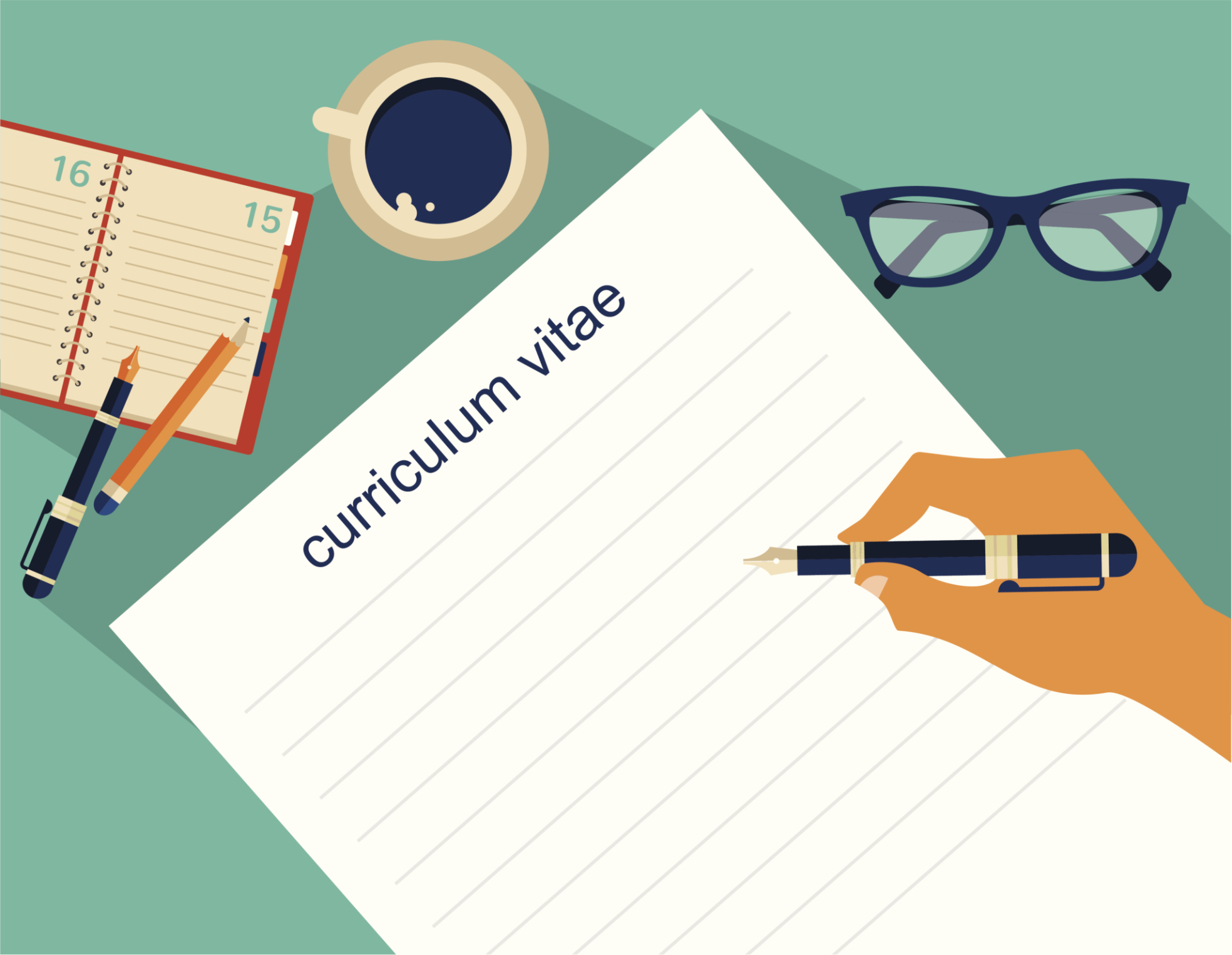
This section of the module was presented by Clare Brass, who is an expert in recruitment, and the content was based on writing a Curriculum Vitae (CV). The content specifically highlighted three common mistakes to avoid, which I have highlighted in this post.
Over-writing
When writing a CV, many people struggle to cram the information they believe to be essential on to just one side of A4. The CV is what the employer will use to generate a first impression of you, so it is essential that you make use of the space.
An example of maximising the space would be to mention your previous job experience, and what YOUR achievements were within this role and how this job has benefited YOU and how these achievements and benefits will make you a valuable employee. A common mistake Clare highlighted was explaining what your previous job entailed, which is something employers already know, and thus is wasted space.

Non-backed up claims
This point highlighted by Clare is the one that resonated the most with me. Many people will list their qualities and their strengths, but will not provide any evidence for these claims.
For example, stating you’re good at working in a team is not enough, you should mention what has enabled you to work well in a team, giving an example where possible. If you have previous experience in retail, this would be a perfect time to use why working in retail has enabled you to flourish and given you the experience required to be good at working in a team, etc.
Avoid bullet pointing qualifications
This particular point was useful to me as it was one that I had not considered before. Clare mentioned that it was important to put the most relevant qualifications in a linear point, rather than in a list.
Clare also explained how it was useful to point out the most relevant qualifications when writing a CV. For example, if I were to apply for a job based in biological sciences, it would be useful to state my qualifications as so:
GCSE: 12 Qualifications including Biology (B), Chemistry (A) and Maths (B)
By doing this, the employer can immediately see your strengths in the area to which you are applying.
My thoughts
As I am coming to the end of my academic tuition, I found this content very useful. As pointed out by Clare, the CV is the employers first view of you, and thus is of utmost importance. The content presented pointed out tips that I had not considered before, such as listing qualifications in linear format, and providing reasoning for your listed qualities, etc.

